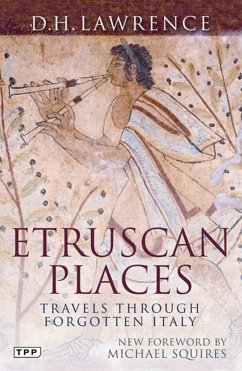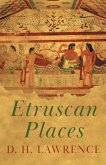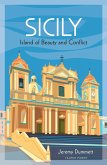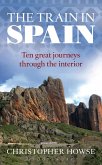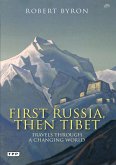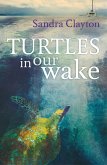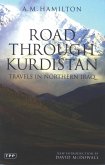The last of Lawrence's travel books, Etruscan Places is an ephemeral and vivid account, replete with hauntingly evocative descriptions of the way of life of this once great civilisation.
The Etruscan civilisation, which flourished from the 8th until the 5th century BC in what is now Tuscany, is one of the most fascinating and mysterious in history. An uninhibited, elemental people, the Etruscans enthralled D.H. Lawrence, who craved their 'old wisdom', the secret of their vivacity and love of life. To him they represented the antithesis of everything he despised in the modern world, perhaps because their spontaneity and naturalness struck a chord with his own quest for personal and artistic freedom - so often censured or repressed.
Lawrence approaches the enigmatic Etruscans as a poet, passionately and searchingly, and so the reader is swept up in his luminous descriptions of a utopian world where dancing and feasting, art and music were everything. The exhilaration of Lawrence in his Etruscan adventures stands in stark contrast to his intimations of the darkness of Mussolini's Italy - at a time when Europe was beginning its inexorable drift towards tragedy.
The Etruscan civilisation, which flourished from the 8th until the 5th century BC in what is now Tuscany, is one of the most fascinating and mysterious in history. An uninhibited, elemental people, the Etruscans enthralled D.H. Lawrence, who craved their 'old wisdom', the secret of their vivacity and love of life. To him they represented the antithesis of everything he despised in the modern world, perhaps because their spontaneity and naturalness struck a chord with his own quest for personal and artistic freedom - so often censured or repressed.
Lawrence approaches the enigmatic Etruscans as a poet, passionately and searchingly, and so the reader is swept up in his luminous descriptions of a utopian world where dancing and feasting, art and music were everything. The exhilaration of Lawrence in his Etruscan adventures stands in stark contrast to his intimations of the darkness of Mussolini's Italy - at a time when Europe was beginning its inexorable drift towards tragedy.

